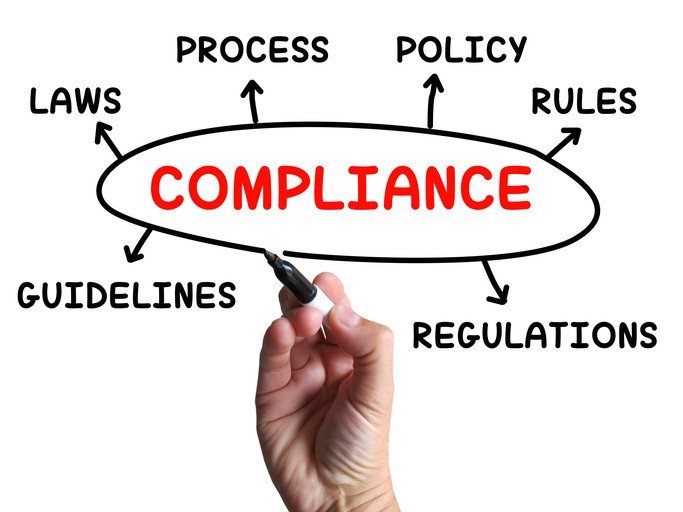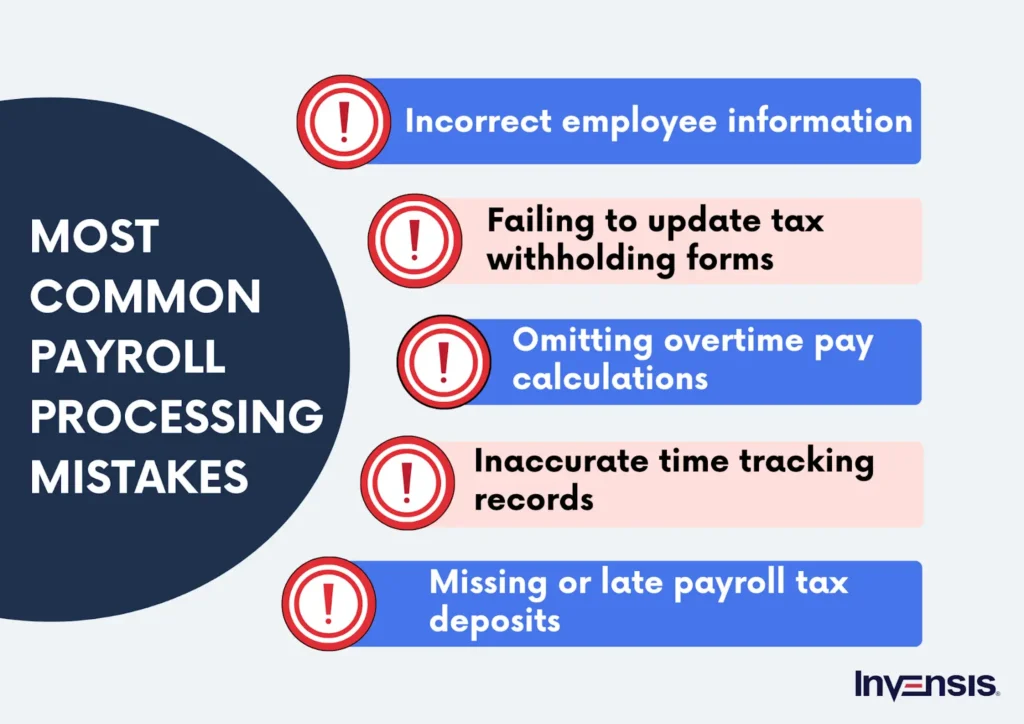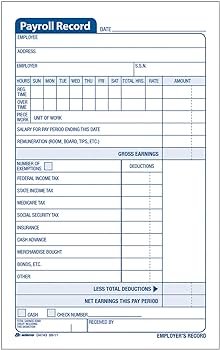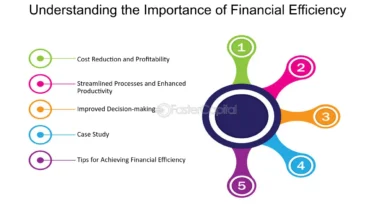Payroll Deductions: A Comprehensive Guide For Employers and 9 Fundamentals of Payroll Deductions.

Payroll Deductions:
Payroll deductions are a crucial aspect of managing employee compensation, ensuring compliance with legal requirements, and facilitating various benefit programs. Employers play a significant role in deducting the appropriate amounts from their employees’ paychecks, covering taxes, benefits, and other obligations. In this article, we will delve into the fundamentals of payroll deductions, exploring their importance, legal considerations, and common categories.

9 Fundamentals of Payroll Deductions:
1. Tax Deductions:
One of the primary responsibilities of employers is to withhold income taxes from their employees’ paychecks. Federal, state, and local income taxes are essential components of payroll deductions. The amount withheld depends on the employee’s income, tax filing status, and applicable tax rates. Employers must stay updated on tax regulations to ensure accurate and timely deductions.

2. Social Security and Medicare:
Social Security and Medicare deductions, often referred to as FICA (Federal Insurance Contributions Act) taxes, are mandatory for both employees and employers. The Social Security tax is imposed on a specific portion of an employee’s income, while Medicare taxes apply to the total income. Employers must calculate and withhold these amounts, contributing their share to these essential social insurance programs.

3. Employee Benefits:
Many employers offer a range of benefits to their employees, such as health insurance, retirement plans, and flexible spending accounts. Payroll deductions are commonly used to cover the employee’s portion of these benefits. Employers need to communicate these deductions clearly to ensure employees understand the cost-sharing arrangement and the value of the benefits provided.

4. Wage Garnishments:

In certain situations, employers may receive legal orders to withhold a portion of an employee’s wages to satisfy debts or obligations, known as wage garnishments. These can include child support payments, alimony, or other court-ordered payments. Employers must comply with these orders promptly and accurately, ensuring the correct amounts are deducted and forwarded to the appropriate parties.
5. Voluntary Deductions:
Employees may choose to participate in various voluntary deduction programs, such as retirement savings plans, life insurance, or charitable contributions. Employers facilitate these deductions based on employee preferences, deducting the specified amounts from their paychecks. Clear communication is essential to ensure employees understand the implications and benefits of voluntary deductions.
6. Compliance with Employment Laws:
Employers must stay vigilant about complying with federal, state, and local employment laws regarding payroll deductions. Failure to adhere to these regulations can result in legal consequences and financial penalties. Regular audits and updates to payroll systems help ensure ongoing compliance with changing laws and regulations.

7. Payroll Deduction Process:
Implementing an efficient payroll deduction process is essential for accuracy and compliance. Employers typically use payroll software to streamline the process, automating calculations and ensuring timely deductions. Regular audits and reconciliation processes help identify and rectify any discrepancies, ensuring employees receive accurate pay and deductions.
8. Communication and Transparency:
Transparent communication is key to fostering trust between employers and employees regarding payroll deductions. Employers should provide clear and detailed information about the various deductions on employees’ pay stubs. Additionally, communicating changes in deductions, such as tax rate adjustments or benefit plan modifications, helps employees stay informed and avoid confusion.

9. Recordkeeping and Reporting:
Employers must maintain accurate records of payroll deductions for each employee. These records should include details such as tax withholdings, benefit contributions, and other deductions. Accurate recordkeeping not only ensures compliance but also facilitates reporting to government agencies and provides documentation in case of audits or inquiries.

In conclusion, payroll deductions are a fundamental aspect of employer-employee relationships, encompassing various financial obligations, benefits, and legal requirements. Employers must navigate a complex landscape of tax regulations, benefit programs, and compliance obligations to ensure accurate and timely payroll deductions. By establishing transparent communication, implementing efficient processes, and staying informed about evolving laws, employers can effectively manage payroll deductions, contributing to a harmonious and compliant work environment.












